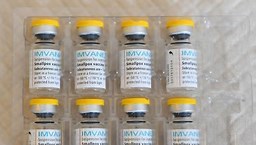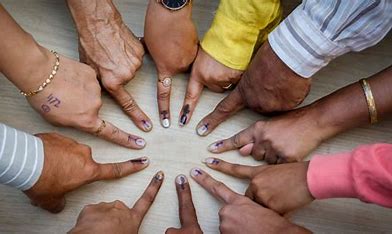
Kinshasa: The Democratic Republic of Congo received its first batch of mpox vaccines on Thursday, marking a significant step in combating the ongoing outbreak that has severely impacted the country. The delivery, comprising 99,000 doses of the vaccine, was manufactured by Bavarian Nordic and donated by the European Union.
The vaccine shipment arrived in the capital, Kinshasa, at around 13:00 local time (12:00 GMT). The health ministry aims to distribute the vaccines to the hardest-hit regions, including Equateur and South Kivu, according to Health Minister Samuel Roger Kamba Mulamba. “The goal is to contain the virus as quickly as possible,” he stated.
Vaccine Campaign Launch
A second shipment is expected on Saturday, bringing the total to 200,000 doses. The vaccination campaign is scheduled to begin on October 8, allowing time to raise awareness and address potential mistrust within local communities.
Laurent Muschel, head of the EU Health Emergency Preparedness and Response Authority (HERA), mentioned that Europe aims to send a total of 566,000 doses to countries in need. “Based on case numbers, Burundi could be the next recipient, pending medical agency approval,” he said.
Inequity in Vaccine Access
The arrival of the vaccines in Congo highlights the disparity in access between African countries and Western nations. While Europe and the US had widespread availability during the 2022 mpox outbreak, African nations were left struggling without sufficient vaccines.
Mpox, which causes flu-like symptoms and painful lesions, has led to 19,710 suspected cases in Congo this year, with 5,041 confirmed and 655 fatalities. The virus spreads through close contact, including sexual contact, making rapid containment efforts essential.















